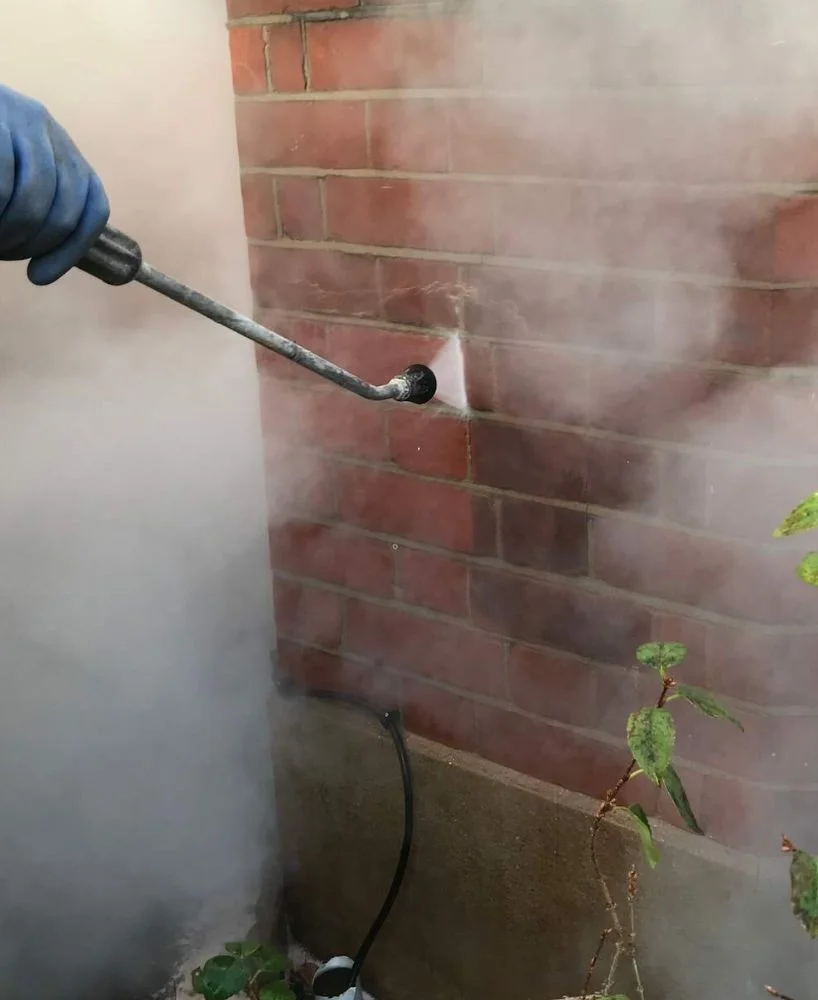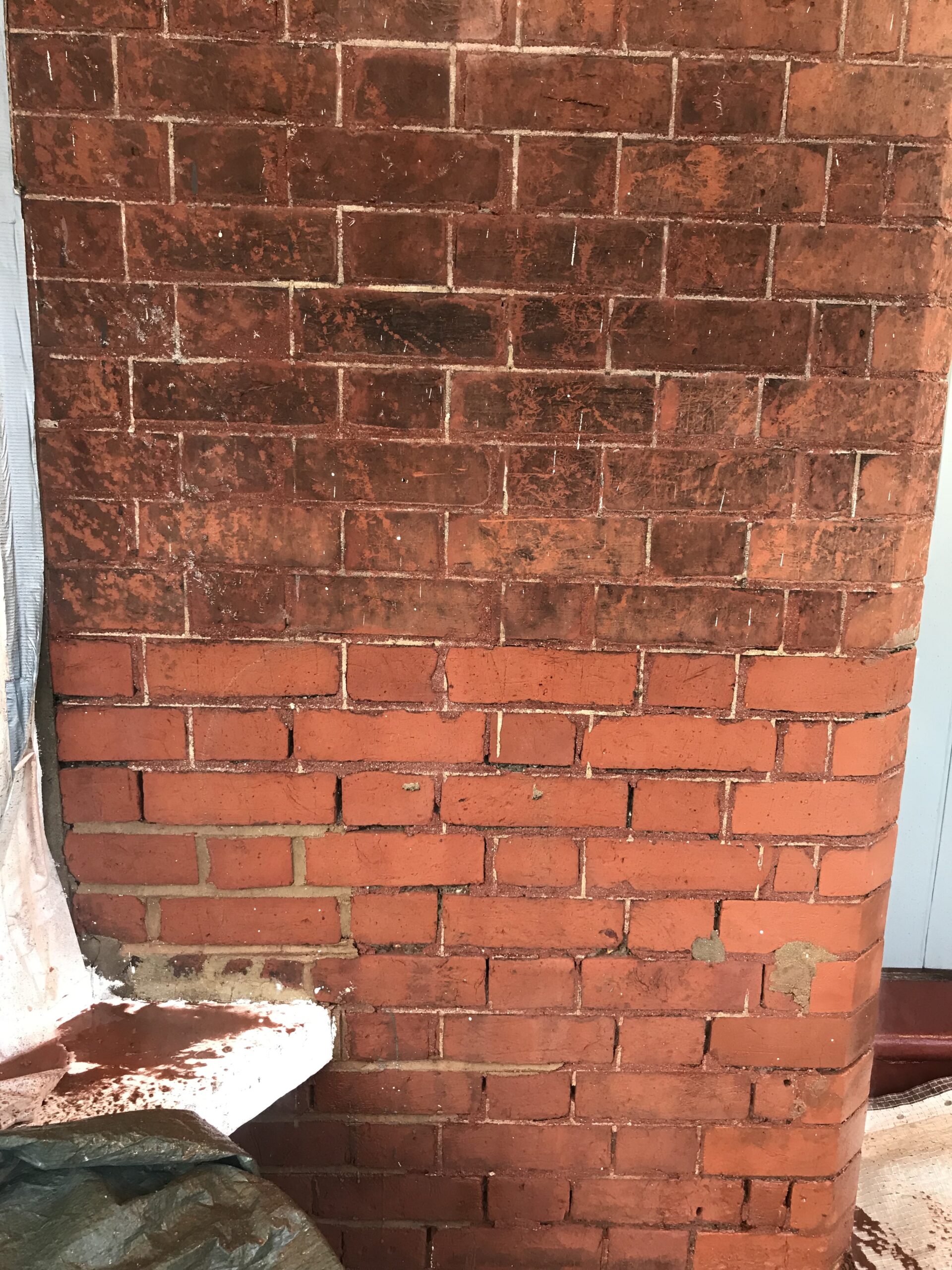London is home to some of the most iconic stone masonry structures in the world, from historic buildings and monuments to residential and commercial properties. These structures, built using various types of natural stone such as limestone, sandstone, granite, and marble, require meticulous care and maintenance to preserve their beauty and structural integrity. Stone masonry cleaning and repairs in London play a vital role in ensuring these buildings withstand the test of time, environmental exposure, and urban pollution.
For property owners looking for expert services, finding brickwork specialists near me, a masonry specialist near me, or a brickwork contractor Wimbledon can make a significant difference in maintaining the integrity of masonry structures. Whether you require comprehensive restoration, professional stone cleaning, or precise repointing, hiring experienced professionals ensures that your building remains in excellent condition.
Construction and Engineering Award winners 2019
Stone Masonry Cleaning & Repairs
- Home
- Stone Masonry Cleaning & Repairs

Stone Masonry Cleaning & Repairs
Why Choose Professional Stone Masonry Cleaning & Repairs in London?
With the increasing demand for historic preservation and structural maintenance, hiring experienced brickwork specialists near me ensures that buildings remain in pristine condition. Professional stone cleaning and repair services provide the expertise, specialized equipment, and high-quality materials needed to maintain and restore stone structures effectively.
- Knowledge of Stone Types
- Different stones require specific cleaning and repair methods. Professionals understand the unique properties of each material and tailor their approach accordingly.
- Safe and Effective Techniques
- Trained specialists use the latest cleaning technologies and repair methods to ensure optimal results without damaging the masonry.
- Compliance with Conservation Standards
- Historic buildings require delicate restoration techniques that align with conservation regulations.
- Long-Term Cost Savings
- Preventative maintenance and professional repairs reduce the likelihood of expensive restoration work in the future.

The Importance of Stone Masonry Cleaning
Over time, stone masonry structures accumulate dirt, grime, pollutants, and biological growth such as moss, algae, and lichen. These contaminants not only affect the aesthetic appeal of a building but also contribute to long-term deterioration. That’s why professional stone cleaning specialists and brick cleaning specialists are essential for effective restoration and preservation.
Benefits of Professional Stone Cleaning
- Enhanced Aesthetic Appeal -: Regular cleaning restores the natural beauty of stone, bringing out its original color and texture.
- Prevention of Structural Damage -: Pollutants, acidic rain, and biological growth can weaken stone surfaces. Proper cleaning methods help maintain the integrity of masonry structures.
- Increased Property Value -: A well-maintained building with clean stone surfaces can significantly increase property value and curb appeal.
- Prolonged Lifespan-: By removing harmful substances, stone cleaning extends the durability of the masonry, reducing the need for extensive repairs.
- Specialized Cleaning Techniques -:Hiring stone building cleaners ensures that the most appropriate methods are used to clean and restore your masonry, preventing unnecessary damage.

Stone masonry cleaning and repairs in London
Stone masonry cleaning and repairs are crucial for preserving London’s rich architectural heritage. Whether it’s a historic landmark, a residential property, or a commercial building, professional maintenance ensures the longevity, safety, and aesthetic appeal of masonry structures. Investing in expert stone restoration services enhances the value and durability of buildings, safeguarding them for future generations.
For reliable and high-quality stone masonry cleaning & repairs in London, consult experienced brickwork specialists near me, masonry specialist near me, and brickwork contractor Wimbledon who can provide tailored solutions for your property’s unique needs. These experts, including stone cleaning specialists and stone building cleaners, ensure thorough restoration and maintenance. Brick cleaning specialists use advanced methods to preserve the natural beauty of stone while preventing long-term damage.
The conservation and repair of stonemasonry is one of the most satisfying services we offer at London Brick Restoration Specialists Ltd. It’s a painstaking process, but one which helps us both protect historic craftsmanship for the future and present it to its best aesthetic advantage. We realise that the issue of whether to clean or not to clean stonemasonry is a controversial one, but we believe that cleaning – especially using our repertoire of gentle techniques – can often be the best conservation decision you’ll make for stone cleaning.
To find out more, call us on 0203 633 1445
To Clean or Not to Clean?
At London Brick Restoration Specialists Ltd we’re the first to recognise that too many buildings have been damaged by over-aggressive cleaning. But we believe that cleaning can be an essential step in the conservation of stonemasonry for two important reasons. One, cleaning removes substances (such as acids from atmospheric pollution or even lichens) which degrade the stone over time, and two, the presence of dirt and staining can conceal the presence of cracks and other structural faults.
Stone Cleaning Stonemasonry is not a Superficial Matter
One of the challenges of stonemasonry cleaning—and indeed a compelling reason to go ahead with cleaning—is that soiling doesn’t just occur on the surface. Dirt, living organisms, staining from metal ornaments and pollution often penetrate deeper within the masonry. Another challenge is knowing how much of the soiling to remove: under certain circumstances it can form a protective patina, or may add to the historic feel of the building.
That’s why our cleaning techniques are gentle and incremental, and include methods such as nebulous spray cleaning and superheated steam systems. Because no one method is suitable for all cases, we always custom fit our techniques to your requirements.
Our Masonry Repairs Look Great and Perform Perfectly
When it comes to stonemasonry repair, we realise that any restoration must not only look good, but be functionally well matched to the original. Any new materials introduced as repairs must expand and contract with the existing masonry, and have the same level of porosity. It’s easy to see how repairs which don’t conform to these standards can cause further damage.
London Brick Restoration Specialists Ltd craftsmen have a deep understanding of materials and extensive experience in carrying out masonry restoration to the highest standards. When we refurbish your stonemasonry we’re safeguarding its beauty and character for many years into the future.
Call us on 0203 633 1445 to discuss the specifications of your project.

